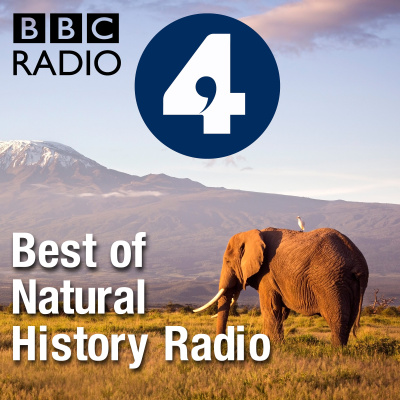Best Of Natural History Radio
Living World - The Ivy Bee
- Autor: Vários
- Narrador: Vários
- Editor: Podcast
- Duración: 0:21:35
- Mas informaciones
Informações:
Sinopsis
This week on the Living World Chris Sperring accompanies entomologist Richard Comont to Dry Sandford Pitts in Oxfordshire in search of a relative newcomer to the UK. Only named as a new species in 1993 and first recorded on British shores in 2001 the ivy bee (Colletes hederae) has been working its way north ever since. A real autumnal species the ivy bee is only active between September and November so its short year begins and ends within the space of a few weeks. As the name suggests its primary food source is the pollen from ivy blossom - the last of the year's flowers. Unlike honeybees or bumble bees the ivy bee is solitary - the female prepares a nest-hole on her own in which to lay her eggs which she will provision with ivy pollen. The ivy bee seems to be bucking the trend of general decline in bee populations and spreading northwards as its range expands. Dry Sandford Pits is one of the most northerly of its known locations. Where will it be spotted next?



